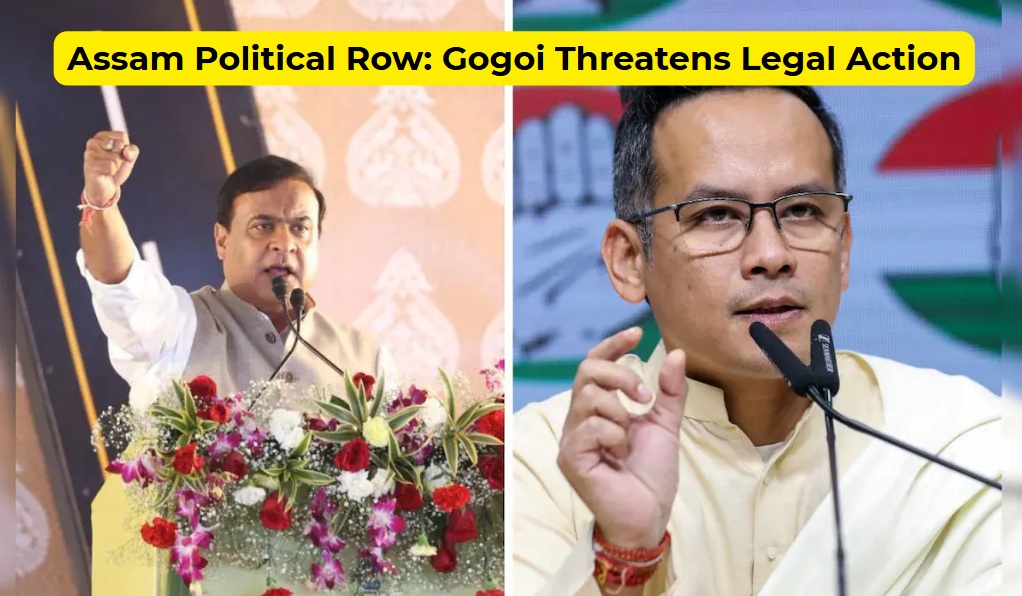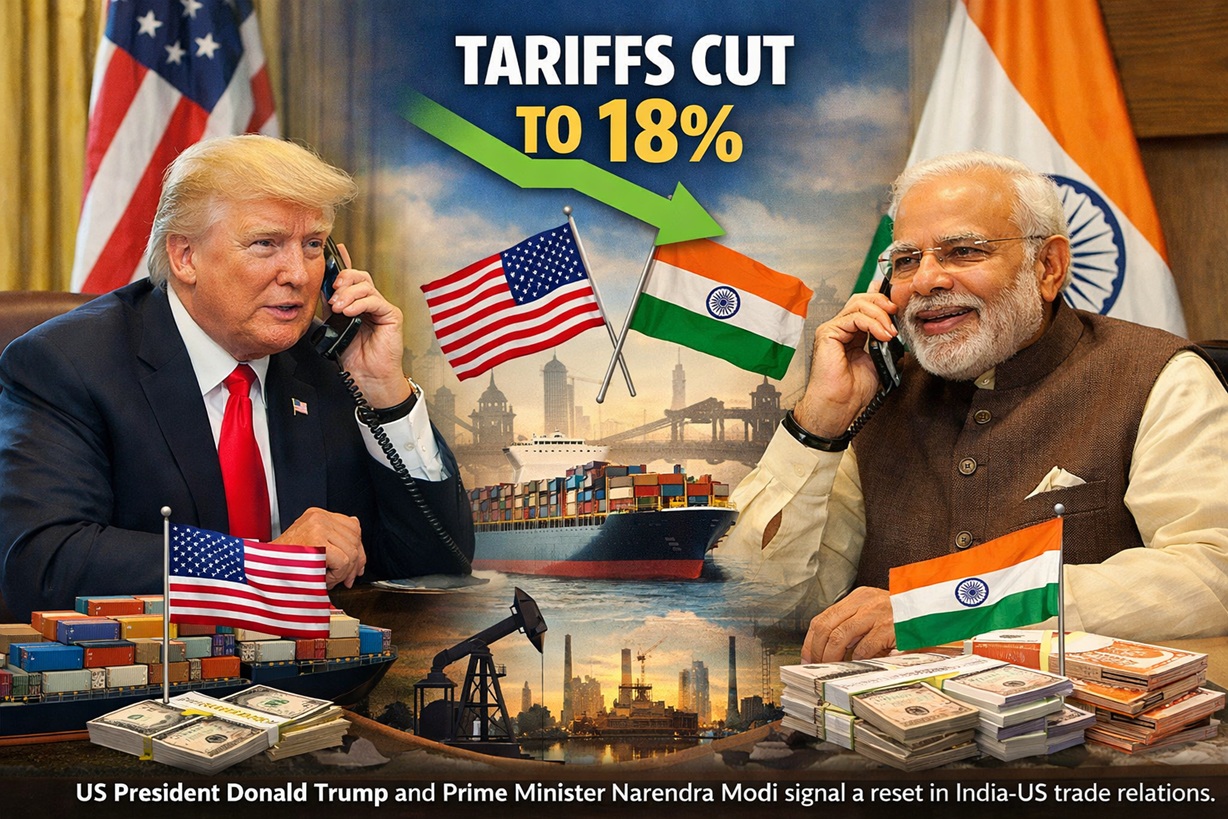WhatsApp, the popular messaging platform owned by Meta, is currently challenging the information technology rules enacted in India in 2021. The company has raised objections to Rule 4 Section 2, which requires social media platforms to allow agencies to trace the origin of messages. WhatsApp argues that this rule weakens encryption, violates user privacy protection, and infringes upon the rights of its users. The company has threatened to exit India if forced to comply with these rules. This blog post will explore the implications of WhatsApp leaving India and the concerns raised by the company.
WhatsApp and its parent company, Meta, have moved the Delhi High Court to challenge the information technology rules enacted in 2021. Rule 4 Section 2 of these rules requires social media platforms providing messaging services to allow agencies to trace the origin of messages. This is important in cases where fake news or other harmful content is circulated, as it helps authorities hold the culprits accountable. However, WhatsApp argues that this rule would require it to break its end-to-end encryption, weaken user privacy protection, and violate the rights of its users.
WhatsApp’s Objections:
WhatsApp has three main objections to Rule 4 Section 2.
Firstly, the company claims that complying with this rule would weaken its encryption. WhatsApp promises end-to-end encryption, meaning only the sender and receiver can read the messages exchanged. The company argues that even its own employees cannot access these chats, and breaking encryption would compromise user privacy.
Secondly, WhatsApp argues that the rule violates user privacy protection. The company claims to prioritize privacy and offers features such as controlling online status and locking chats. It believes that the provision in India’s 2021 Information Technology rules violates user privacy.
Lastly, WhatsApp claims that the rule also violates the rights of its users. The company cites Article 14, which guarantees equality before the law, Article 19, which guarantees freedom of speech and expression, and Article 21, which guarantees the fundamental right to protection of life and personal liberty. WhatsApp’s lawyers have also pointed out that no other country has a similar rule, making it unique to India.
Data Storage Concerns:
In addition to privacy and encryption concerns, WhatsApp has raised the issue of data storage. The company argues that complying with the rule would require storing millions of messages for several years, which can be expensive. Data centers need to be built and maintained, and this can be a costly endeavor. WhatsApp’s parent company, Meta, has nearly 19 data centers in the United States alone, highlighting the significant investment required.
WhatsApp’s Privacy Policy Controversy:
WhatsApp’s objections to the Indian rules come in the context of its privacy policy controversy in 2021. The company introduced a new privacy policy that mentioned data sharing with Meta, its parent company. While users in Europe had the choice to reject this policy, Indian users were given a deadline to accept it. This led to backlash and raised concerns about data privacy.
Implications of WhatsApp Leaving India:
WhatsApp has over 480 million users in India, making it the largest market for the platform. Leaving India would have significant implications for the company. WhatsApp was acquired by Meta for $19 billion in 2014, and India’s user base has grown exponentially since then. The company generates significant revenue in India, and its exit could lead to a loss of users and revenue.
Alternative Messaging Platforms:
If WhatsApp were to leave India, users would have alternative messaging platforms to switch to. Signal and Telegram saw increased downloads during WhatsApp’s privacy policy controversy in 2021. While WhatsApp’s exit would not be pleasant for its users, they would have other options available. WhatsApp’s threat to leave India raises important questions about privacy, encryption, and user rights. The company’s objections to the Indian rules highlight concerns about weakening encryption, violating user privacy, and infringing upon user rights. The implications of WhatsApp leaving India would be significant, given its large user base and revenue generation in the country. However, users would have alternative messaging platforms to switch to if WhatsApp were to exit. The Delhi High Court will hear the case on August 14th, and the outcome will determine the future of WhatsApp in India.







